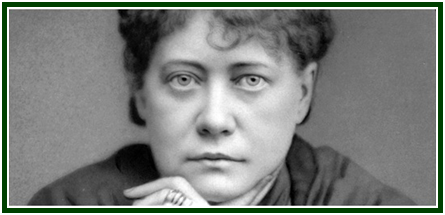Self-Devised Efforts Find Their
Balance in the Process of Creative Action
Carlos Cardoso Aveline

Carlos Cardoso Aveline

One should not
deceive oneself: it is not enough to have an open mind and a broad
theosophical view of life. One needs to have the necessary iron-clad will
to win over oneself, that is, to defeat his own karma of accumulated ignorance.
And this belongs to the vast territory of Raja Yoga.
One must get - in a natural way - to the moment when
one realizes that it all depends on daily self-discipline. And then one must
discuss with one’s own conscience exactly how one can improve
discipline in the actual structure of one’s existence, hour-to-hour and minute
to minute.
The daily life of an aspirant to Wisdom must not be an
exercise in “involuntary action”. It has to unfold from within, as a voluntary
process, and in this every obstacle provided by Nature and Karma must be always
welcome by the learner.
To exact too much from oneself is naïve. To be too
soft or indulgent makes one become a nominal theosophist, a words-only worker.
As in a bicycle, equilibrium can only be found in movement, that is, in
creative action. In order to learn theosophy, one must create and sustain
stable and self-devised mechanisms of discipline which produce self-control and
right action. H. P. Blavatsky wrote:
“Theosophist is, who Theosophy does.” [1]
No theosophical idea and ideal can ever be stronger or
more powerful - in one’s life - than the practical efforts and actions they
inspire in one’s everyday existence.
NOTE:
[1] “The Key to Theosophy”, H. P. Blavatsky,
Theosophy Co., Los Angeles, 1987, 310 pp., see p. 20.

000
The above article is available on the websites of the Independent Lodge of Theosophists since 7 December 2014. An initial version of it was published in the February 2013 edition of “The Aquarian Theosophist”, with no indication as to the name of the author.
000
Read more:
000
Print the texts you study from the websites of the Independent Lodge. Reading on paper helps us attain a deeper view of philosophical texts. When studying a printed text, the reader can underline sentences and make handwritten comments in the margins that link the ideas to his personal reality.
000

Helena Blavatsky (photo) wrote these words: “Deserve, then desire”.
000
